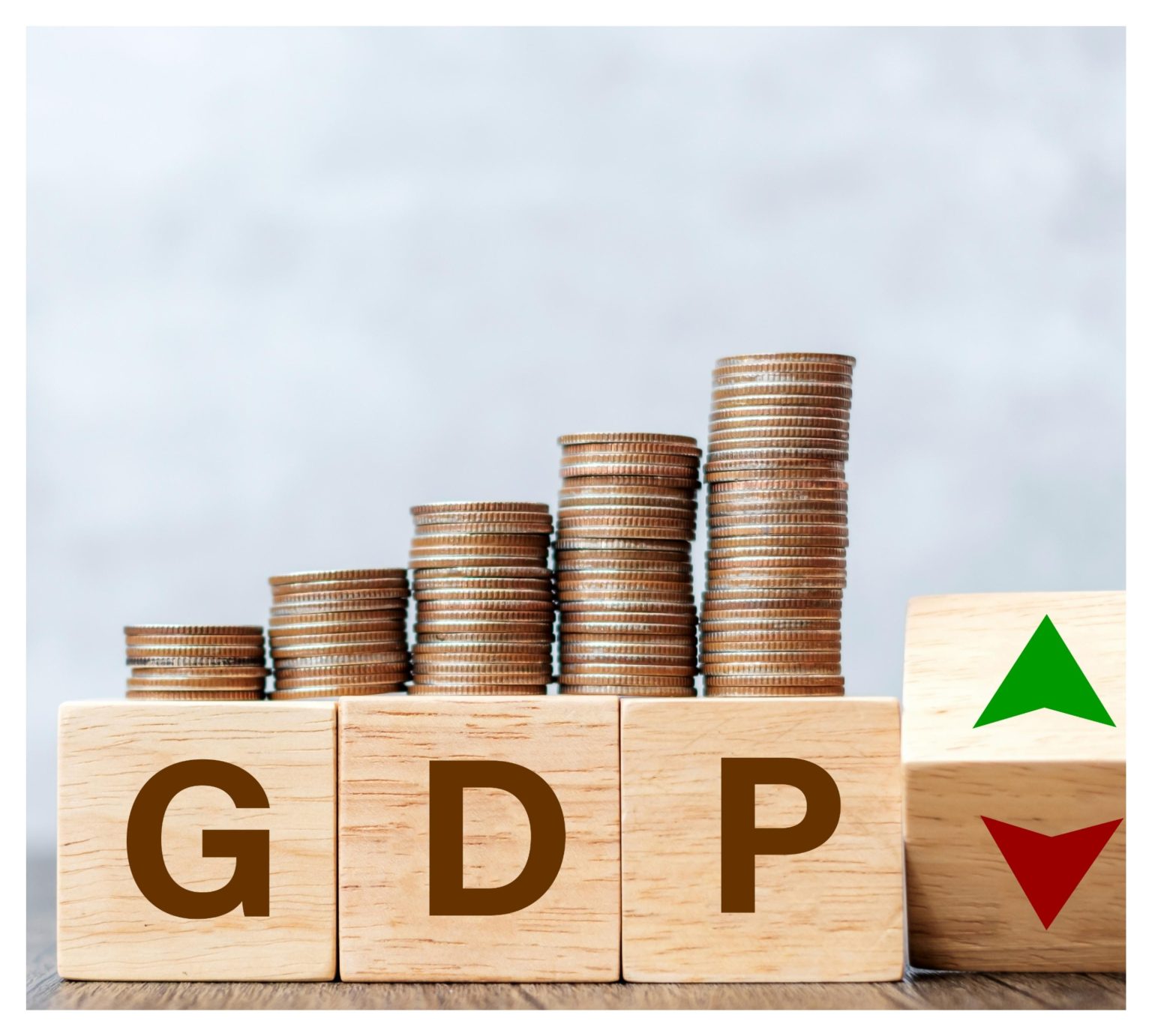Nigeria allocated 4.1 per cent of its Gross Domestic Product (GDP) to debt servicing in 2024, marking an uptick from 3.7 per cent in 2023, according to the African Development Bank’s (AfDB) latest Country Focus Report.
The report highlights the growing cost of debt in the face of tightening global credit conditions and high domestic interest rates. It noted that the surge in debt service costs stemmed from rising interest payments on government securities and increased borrowing to cover fiscal deficits.
“Debt servicing increased to 4.1% of GDP from 3.7 % in 2023,” the report stated, adding that “the debt servicing-to-federal-government-revenue ratio stood at 76.8% in 2023, rising slightly to 77.5% in 2024.”
Despite recent fiscal reforms, the AfDB warned that Nigeria’s public spending remains heavily tilted toward debt repayment, with limited room for investments in infrastructure and social services. The country’s public debt surged to 52.3% of GDP in 2024, compared to 41.5% the previous year, largely due to expanded borrowing needs and a weakening currency.
The report noted that the Federal Government secured $3.3 billion in new debt in 2024. Of this amount, $2.2 billion came through Eurobond issuance, while the rest was sourced from multilateral institutions.
Even as the fiscal deficit slightly declined from 4.0% of GDP in 2023 to 3.9% in 2024, overall pressure on public finances remains significant.
AfDB analysts warned that the current trend in debt servicing could significantly limit the government’s capacity to finance critical sectors such as education, health, and infrastructure, which are essential to long-term development goals.
Nigeria’s tax-to-GDP ratio remains low
While the removal of fuel subsidies and efforts to unify the exchange rate have helped boost government revenues, they have not been enough to keep pace with expenditures. Nigeria’s tax-to-GDP ratio remains low at 5.2%—among the lowest in Africa—pointing to enduring challenges in revenue collection.
The report linked weak revenue mobilisation to the dominance of the informal sector, which accounts for about 68% of the economy and more than 90% of employment. It recommended modernising tax administration through digital tools and improving compliance to broaden the tax net.
Although there was a notable rise in non-tax revenues, particularly from oil, after the full deregulation of the fuel market, Nigeria still faces a substantial annual financing gap. The AfDB estimates that the country requires $47.6 billion annually to meet its development goals, with a current shortfall of $31.5 billion, especially in infrastructure, innovation, and social sectors.
Government spending remained modest in 2024 at 15.5% of GDP, well below the sub-Saharan African average of 21.4%. Key sectors such as education and health continue to suffer from inadequate funding, receiving 7.9% and 5.3% of the budget, respectively—levels that fall short of global benchmarks.
Despite these fiscal challenges, Nigeria’s economy expanded by 3.4% in 2024, driven largely by the services sector and a slight rebound in oil production. However, the AfDB forecasts slower growth in the coming years—3.2% in 2025 and 3.1% in 2026—citing global headwinds, including fluctuating oil prices and geopolitical tensions.
The report called for sustained reforms aimed at stabilising public finances and reducing the country’s debt burden. It urged increased investment in human capital and infrastructure, better tax collection, more efficient public spending, and creative financing solutions to attract private sector participation.



